Get Started for FREE
Sign up with Facebook Sign up with X
I don't have a Facebook or a X account

 Your new post is loading... Your new post is loading...
 Your new post is loading... Your new post is loading...

Monica S Mcfeeters's curator insight,
March 30, 2014 9:18 AM
This will be helpful to share to those wondering about content curation. 
Jeff Domansky's curator insight,
September 1, 2014 11:53 PM
Valuable collection of the art of curation from Robin Good.

Dean J. Fusto's comment,
September 7, 2013 7:49 AM
Helpful primer on curation and its particular skill set. Thanks for the scoop.

Dean J. Fusto's curator insight,
September 7, 2013 7:50 AM
A very helpful primer on content curation. 
Alfredo Corell's curator insight,
September 22, 2013 5:49 PM
Stacia Johnson and Melissa Marsh have recorded a 10-minute video introducing to Content Curation for their EDCI515 graduate course at the University of Victoria.
Topics covered: Defining CurationWhat skills neededWhat tools can help
good summary recomendet to anyone interested in content-curation and its aplications in learning

carmen blyth's comment,
May 28, 2013 11:55 PM
Watch Thomas Campbell talk about 'Weaving Narratives in Museum Galleries' http://www.ted.com/talks/thomas_p_campbell_weaving_narratives_in_museum_galleries.html

Marco Bertolini's curator insight,
June 22, 2013 4:10 AM
Elias Morling estime que les curateurs sont comme les "dumpster divers", ces militants qui fouillent les poubelles. Et ils les appelle les "vrais influenceurs" car :
1. Les curateurs représentent un nouveau type de leadership tribal bottom up et peer-to-peer.
2. En tant que membres d'une tribu, les curateurs seront toujours plus "natives" que n'importe qui parlant de l'extérieur.
3. Au sein de la tribu, ils sont appréciés non seulement pour leurs compétences, mais aussi parce qu'ils entretiennent et développent leur propre culture.
Un article inspirant de http://www.linkedin.com/in/emorling que vous pouvez lire ici : http://tribaling.com/blog/2013/05/15/curators-and-tribal-currency/

Ness Crouch's curator insight,
June 22, 2013 5:05 PM
Excellent article and video. Looking at the wonderful world of the internet and curation. The idea of curation of online content has become more and more inportant with the exponential growth of content on the world wide web. Being able to organise and manage all of the content is important.
Curation is about making good choices about what you share and putting it into a context for themselves and others. Being enthusiastic and thoughtful about what you choose is a way of showing what you are finding and sharing is signficant and worthwhile.
Finding the most interesting and valuable things and sharing that is the key. What you want and what you are interested in is important but you also need to consider your audience.

Robin Good's curator insight,
March 13, 2013 9:48 AM
The thing that amazes me most when it comes to what is supposedly "news and content curation" on platforms like Scoop.it, is that some of the most popular and trafficked channels have nothing to do with curating a topic for a specific audience. Why? Because if you look at the supposed "curation" done on these channels, it is nothing but simple and often very superficial picking and unrestrained sharing of links with absolutely no concern for checking, verifying or let alone reading what is being posted. This is how I long lost trust for many such curators. Because they are literally doing the opposite of what a true content curator should do: vet, verify, analyze, explore, check, add, inform, contextualize and reference. In this light, I am not actually despising their work, because without them even realizing it, they are slowly creating the best opportunity and conditions for whoever does quality curation to shine a million times brighter. As noise-generators they provide tremendous opportunity to those who know for real how to filter noise out. Catherine Lombardozzi writes: "Filtering is an early step in the curation process, but a critical one. Our learners count on us to cut through the noise and find the most useful materials to support their learning. If they find that we have collated material that is inaccurate, out-dated, or relatively useless, they’ll go back to using their own search methodologies for finding materials, and our attempts to support them will be for naught." And I must holeheartedly agree with her about the importance for curators, to be true, effective filters. In this article, she offers some valuable guidelines and suggestions to help anyone interested in curation and in learning how to become an effective filter. Rightful. 7/10 Full article: http://learningjournal.wordpress.com/2013/03/11/the-curators-filters/ (Image credit: Polarizing filter - Shutterstock) 
digitalassetman's comment,
March 14, 2013 2:46 AM
And they need to have their discernment filter set on high alert.

Robin Good's curator insight,
March 9, 2013 5:00 AM
Nancy Messieh on MakeUseOf has a good introductory article for those interested in find out more about personal content sharing and content curation. If you are new to these topics and are wondering what picking out good content and sharing it with others truly involves, this article showcases four different approaches and seven tools that can be used to get your feet wet. From RSS to link bundles, Storify, Clipboard, Annotary, Pinterest and Scoop.it this is a very basic but nonetheless useful introduction to these approaches and tools. Informative. 6/10 Full article: http://www.makeuseof.com/tag/curation/

Beth Kanter's comment,
September 7, 2012 11:57 AM
Robin, on the second map, I'm not able to see the whole map in one view - only each section .. is that a settings thing?
One thing I don't like about Prezi and the presentation in Mindomo is the zoom in and zoom out - it gives me vertigo .. maybe I'm just old school .. (LOL) .. but I imagine it gives you different transition effects. 
Robin Good's comment,
September 7, 2012 12:26 PM
Great Beth, superhappy to have been of help. I really like what you can do with Mindomo. Let me know what you think once you have explored it.

janlgordon's comment,
June 17, 2012 3:53 PM
Thank you for this Robin, it's greatly appreciated. It's exciting to watch and be a part of all this change, I'm sure you agree:-)

Robin Good's comment,
June 18, 2012 2:28 AM
Yes Jan... I don't know exactly what you are referring to, but this the only sure thing we have today: this is time of fast and continuous change... so I am certainly enjoying the ride.
On another note: I would humbly suggest to consider posting shorter stories, especially when you are also pointing to the original, as what I am looking for from you, is not a rehash of what's in the article - outside of a 1-3 para excerpt - but the reasons why you are recommending it. You are already doing both, but it is overwhelming for me. Too much stuff, and I haven't even seen the original yet. I would also gently mute some of the visual noise you create by heavily formatting with asterisks, bolds and big font sizes. In my case that doesn't help much. It actually hinders my ability to rapidly scan and check whether you have something good there. I suggest to limit greatly the formatting options you use and to highlight only what is really relevant, because when too many things are highlighted, bolded, asterisked, none has any more an effect on me. It's like a crowd screaming: who do you help? :-) 
tara's curator insight,
June 23, 2020 12:01 AM
Curations happen among all types of people AND in all types of environments. Human networking is one of the most powerful tools that can go beyond physical interaction and in turn be utilized in further industries.
|

Stephen Dale's curator insight,
October 29, 2013 1:38 PM
A useful guide to the art of digital archiving. 
ghbrett's curator insight,
October 29, 2013 8:08 PM
Be sure to check out Robin Good's comments below. 
Alfredo Corell's curator insight,
November 2, 2013 8:38 PM
Interesting post about archieving digital documents in a realiable way

carmen blyth's comment,
May 28, 2013 11:55 PM
Watch Thomas Campbell talk about 'Weaving Narratives in Museum Galleries' http://www.ted.com/talks/thomas_p_campbell_weaving_narratives_in_museum_galleries.html

Marco Bertolini's curator insight,
June 22, 2013 4:10 AM
Elias Morling estime que les curateurs sont comme les "dumpster divers", ces militants qui fouillent les poubelles. Et ils les appelle les "vrais influenceurs" car :
1. Les curateurs représentent un nouveau type de leadership tribal bottom up et peer-to-peer.
2. En tant que membres d'une tribu, les curateurs seront toujours plus "natives" que n'importe qui parlant de l'extérieur.
3. Au sein de la tribu, ils sont appréciés non seulement pour leurs compétences, mais aussi parce qu'ils entretiennent et développent leur propre culture.
Un article inspirant de http://www.linkedin.com/in/emorling que vous pouvez lire ici : http://tribaling.com/blog/2013/05/15/curators-and-tribal-currency/

Ness Crouch's curator insight,
June 22, 2013 5:05 PM
Excellent article and video. Looking at the wonderful world of the internet and curation. The idea of curation of online content has become more and more inportant with the exponential growth of content on the world wide web. Being able to organise and manage all of the content is important.
Curation is about making good choices about what you share and putting it into a context for themselves and others. Being enthusiastic and thoughtful about what you choose is a way of showing what you are finding and sharing is signficant and worthwhile.
Finding the most interesting and valuable things and sharing that is the key. What you want and what you are interested in is important but you also need to consider your audience.

Diana Juárez's curator insight,
April 26, 2015 1:27 PM
La curación como herramienta pedagógica para propiciar el pensamiento crítico en la educación. 
Bárbara Mónica Pérez Moo's curator insight,
August 12, 2015 9:16 AM
Habilidades digitales y pensamiento crítico.

Rosie Peel's curator insight,
June 8, 2013 3:07 AM
This is very insightful when creating an effective, authentic and reliable curation collection. It is resources like this one that I feel will benefit others in their teaching and learning journey. 
Dorothy Minor's curator insight,
July 8, 2013 3:29 PM
This infographic provides insight into showing how to enhance learning. Critical thinking is an important skill in today's world. Students need encouragement in taking ownership of their own learning. We can find ways to encourage students from this link. 
Daniel Jimenez Zulic's curator insight,
August 3, 2013 12:04 PM
Ya en el esquema se ve como ir mejorando la practica, seleccion y calificacion de los sitios y contenidos.

Robin Good's curator insight,
February 28, 2013 8:39 AM
Gianluca Fiorelli does a good job, after his webinar last week, of reporting what are the key steps, resources and strategies to use to leverage the content curation approach for gaining visibility, followers and extra traffic across social media channels. In this intro guide he addresses some of the basic questions received by webinar participants last week. Some good resources for news discovery, but - in my opinion - too little in the way of good examples and what they are characterized by. Useful as an intro guide for social media content marketers. 7/10 Full guide: http://www.seomoz.org/blog/social-media-curation-guide You may also want to check The Content Curation Guide for SEO also published by Gianluca Fiorelli last year.
's comment June 16, 2012 4:27 PM
This is a wonderful post! is really informative for me. I liked it very much. <a href="http://kingdavidmovers.com/">Chicago Movers</a>
's comment June 16, 2012 4:28 PM
This is a wonderful post! is really informative for me. I liked it very much.
http://kingdavidmovers.com/ |



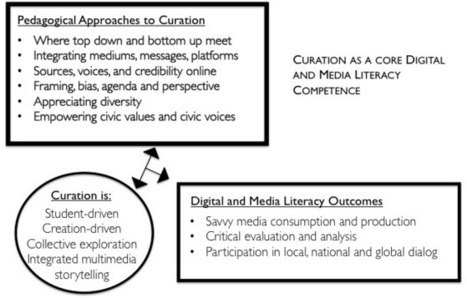

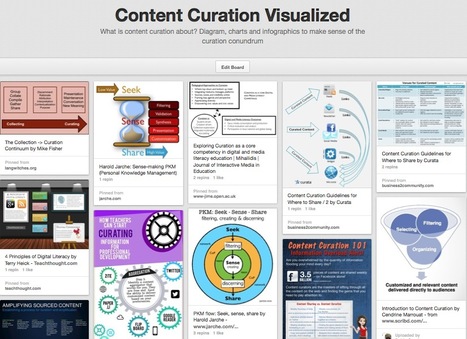

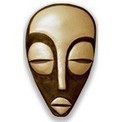



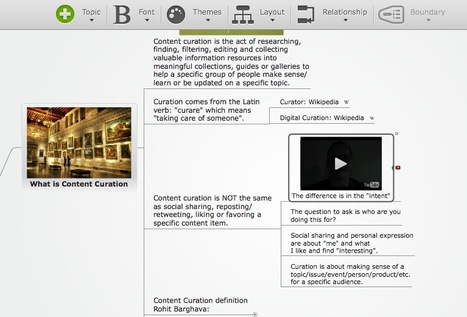

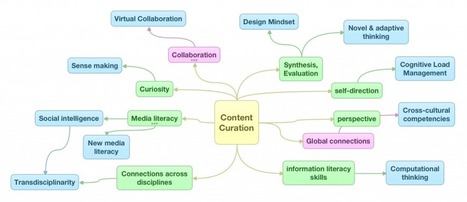
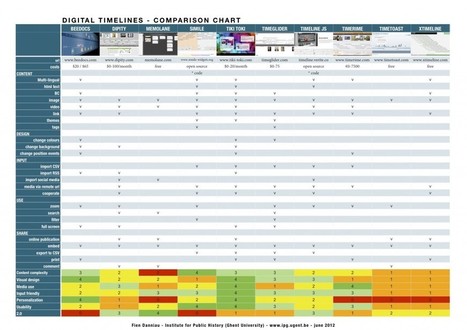







![Curation for Teachers [Infographic] | A New Society, a new education! | Scoop.it](https://img.scoop.it/x2S7m-nvkwhh2bn1YCFA0jl72eJkfbmt4t8yenImKBVvK0kTmF0xjctABnaLJIm9)
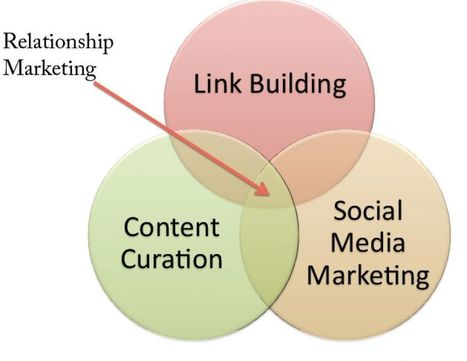
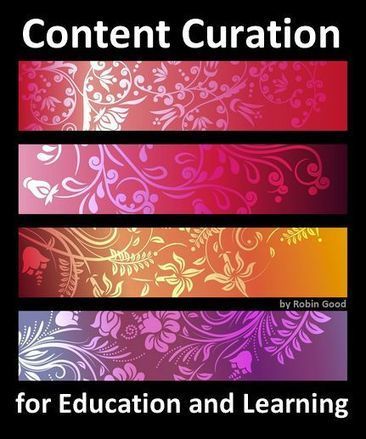


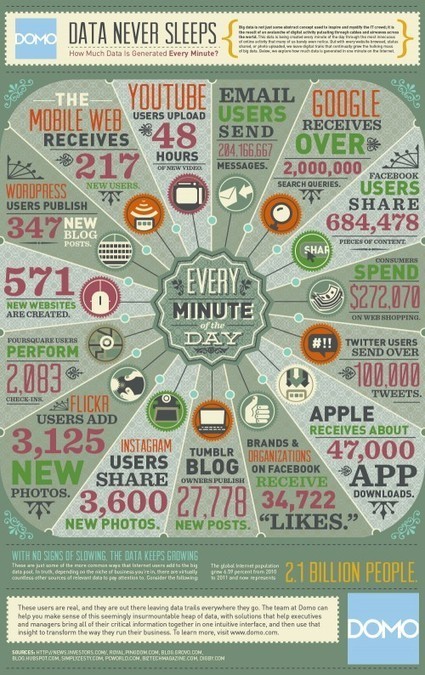







La curación como herramienta pedagógica para propiciar el pensamiento crítico en la educación.
Habilidades digitales y pensamiento crítico.
of course!
2013
good link
http://www-jime.open.ac.uk/articles/10.5334/2013-02/